Last night Media Diversified hosted a twitter space called Publishing, Black publishers, book deals and white agents hosted by me and Marcus Daniel, the editor in chief.





Please find source material below and the audio above. Enjoy!
AGENDA
1. Independent Black publishers
2. The overwhelmingly white publishing industry
3. The Society of Authors/Should there be a black and brown society of authors?
4. Kavitas article - Decolonise not Diversify
5. Shane's article Diversity is Dead and Whiteness Killed it
6. How to get an agent - Is it better to have a black agent or not?
7. Class in publishing - how and who does it affect?

"..we often unconsciously direct our work towards the white reader, privileging the white reader, since that is the normative perspective. We will continue to do this unless we consciously interrogate ourselves.."
Diversity is Dead and Whiteness Killed it
Thread from founder of Media Diversified on trying to find an agent


For immigrants in today’s Britain, is ‘integration’ an unachievable ideal?
"Let’s face it, modern political discourse on migration is failing us, normalising inflammatory and dehumanising rhetoric in the quotidian. (Britain First’s recent election broadcast, anyone?) Immigrant stories are increasingly reductionist and politically expedient, measured solely on our relation to ‘Britishness’.
A few weeks ago I saw Ayisha Malik, author of Sofia Khan is Not Obliged, address this issue at the Museum of Immigration as part of the London Book Fair, when she emphasised how people of colour in the UK are either not integrated, or never integrated enough to be considered British. As a London-born Muslim woman this was particularly poignant, as ‘integration’ sometimes feels like an unachievable ideal. My Britishness used to feel as if it were a given, but nowadays I feel like it’s an identity I will always be on the peripheries of"
Bare Lit Festival: Building a Community
Courttia Newland on Finding the Way: Voice and the Writer of Colour
"You can’t do that! Stories have to be about White people”
I’ve spent almost two decades teaching in English primary schools, which serve multiracial, multicultural, multifaith communities. I want to explore two things I have noticed.
1) Almost without exception, whenever children are asked to write a story in school, children of colour will write a story featuring white characters with ‘traditional’ English names who speak English as a first language.
2) Teachers do not discuss this phenomenon.
Furthermore, simply pointing these two things out can lead to some angry responses in my experience.
Why are you making an issue of race when children are colourblind?”
is an example of the sort of question that sometimes gets asked.
Writing and Reading While Black. Lessons learned.
Does Canada damage black people?
Does Canada damage black people? | Part 2
First year of Jhalak Prize paints a grim picture of diversity in publishing


The UK Publishing Workforce: Diversity, Inclusion and Belonging in 2020
The 2020 survey is the most comprehensive ever undertaken of the UK publishing workforce, with a total of 14,122 employees from 71 businesses taking part.
Key findings include:
Over half of executive leadership and senior management roles are held by women (52% and 55% respectively). This compares to 49% and 41% in 2017. Females accounted for 64% of respondents.
Representation of people from Black, Asian, and minority ethnic groups has remained around 13% since 2017. 3% of respondents identified as Black or Black British, 6% as Asian or Asian British, 3% as having mixed or multiple ethnicities and 1% of respondents identified as belonging to another minority ethnic group.
LGBT+ representation continues to increase with 11% of respondents either identifying as lesbian, gay, or bi, or preferring to self-describe. This figure has more than doubled since 2017 (5%). 0.6% of respondents identified as trans.
The representation of people with a disability has increased from 2% in 2017 to 8% in 2020.
Almost half of respondents have experienced mental health problems. Compared to the previous year, this increased from 40% to 46%. At the time of the survey, one in five were currently experiencing mental health problems
Read it here


Have a great day
Sam

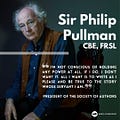



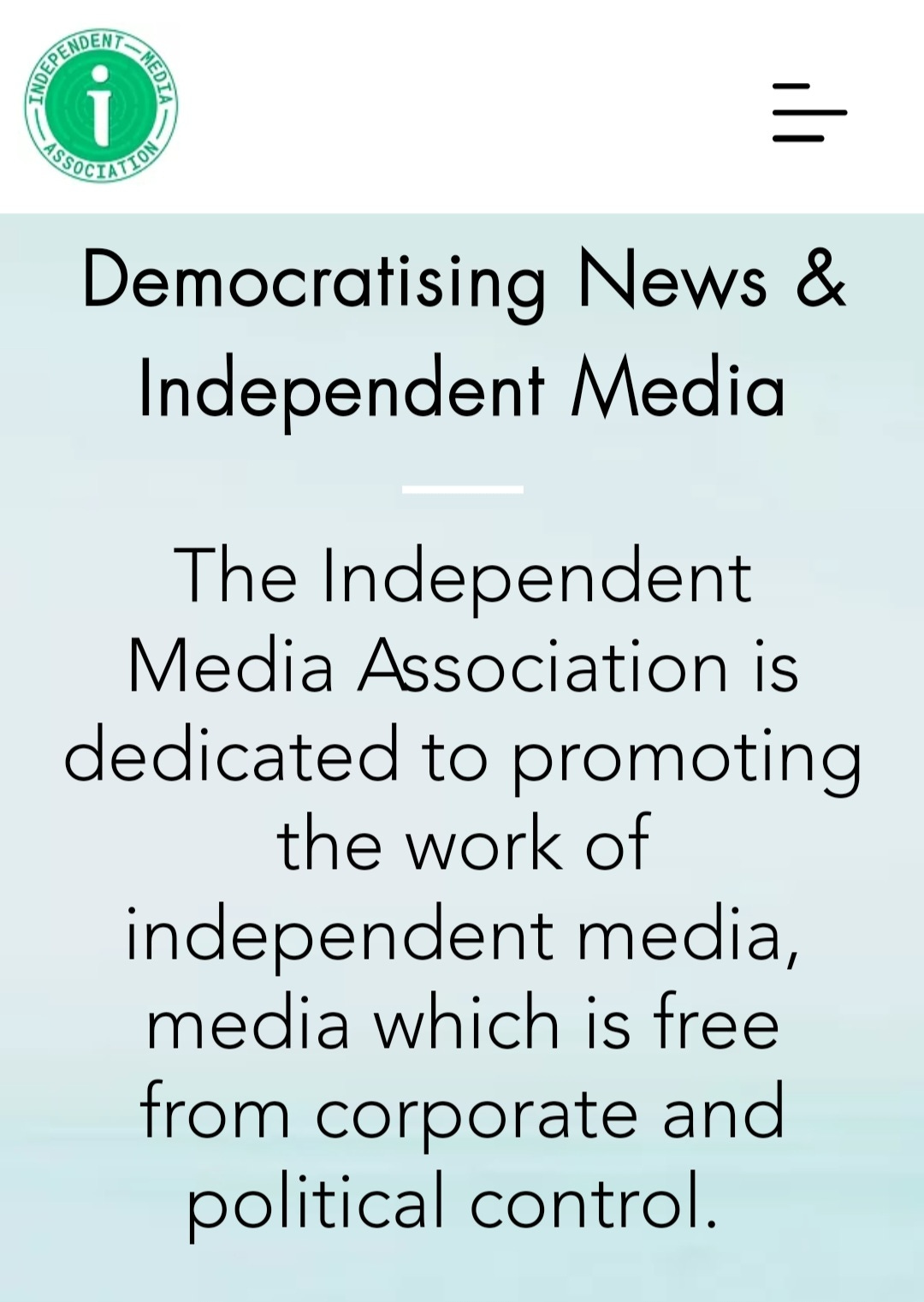
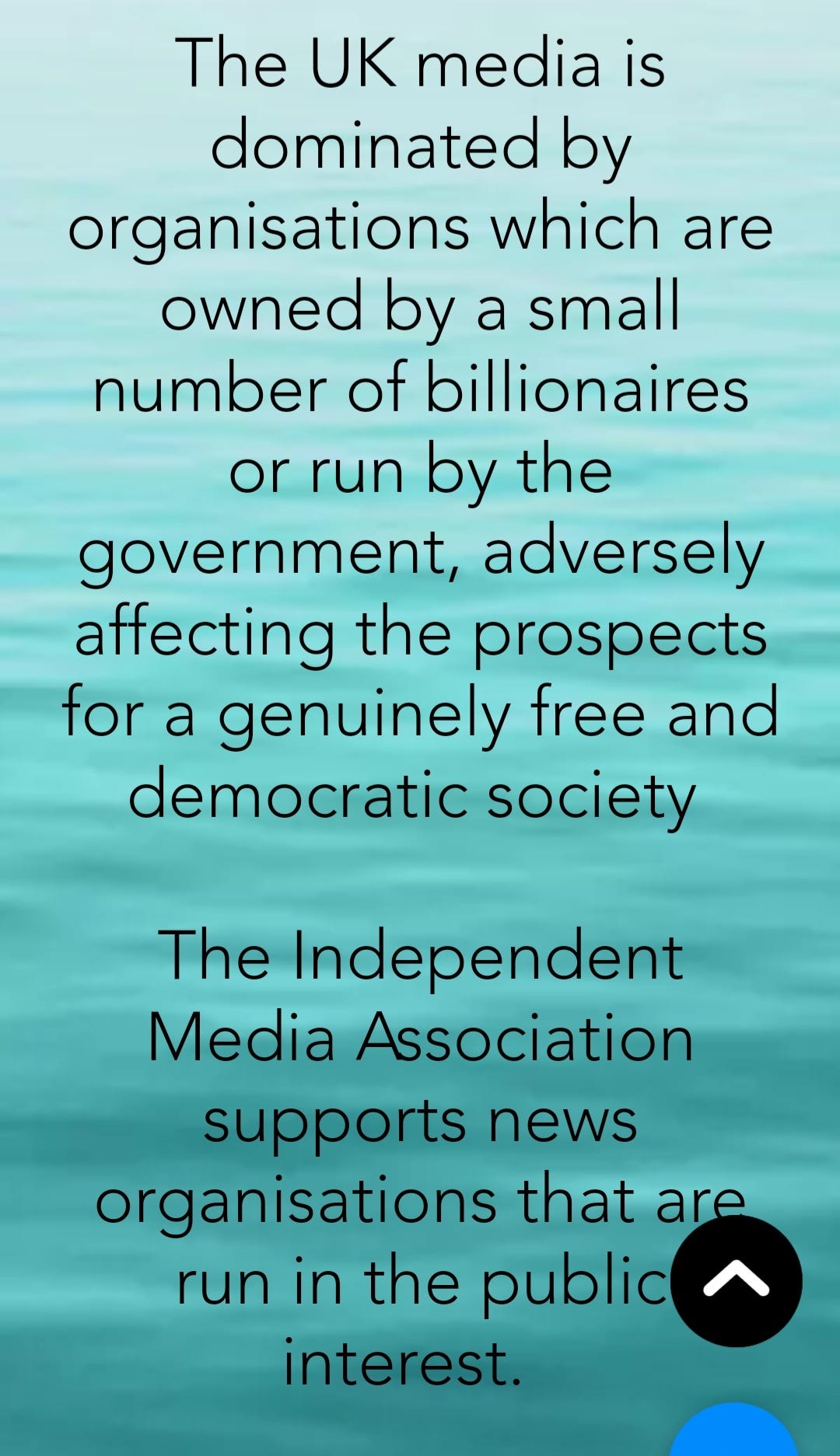

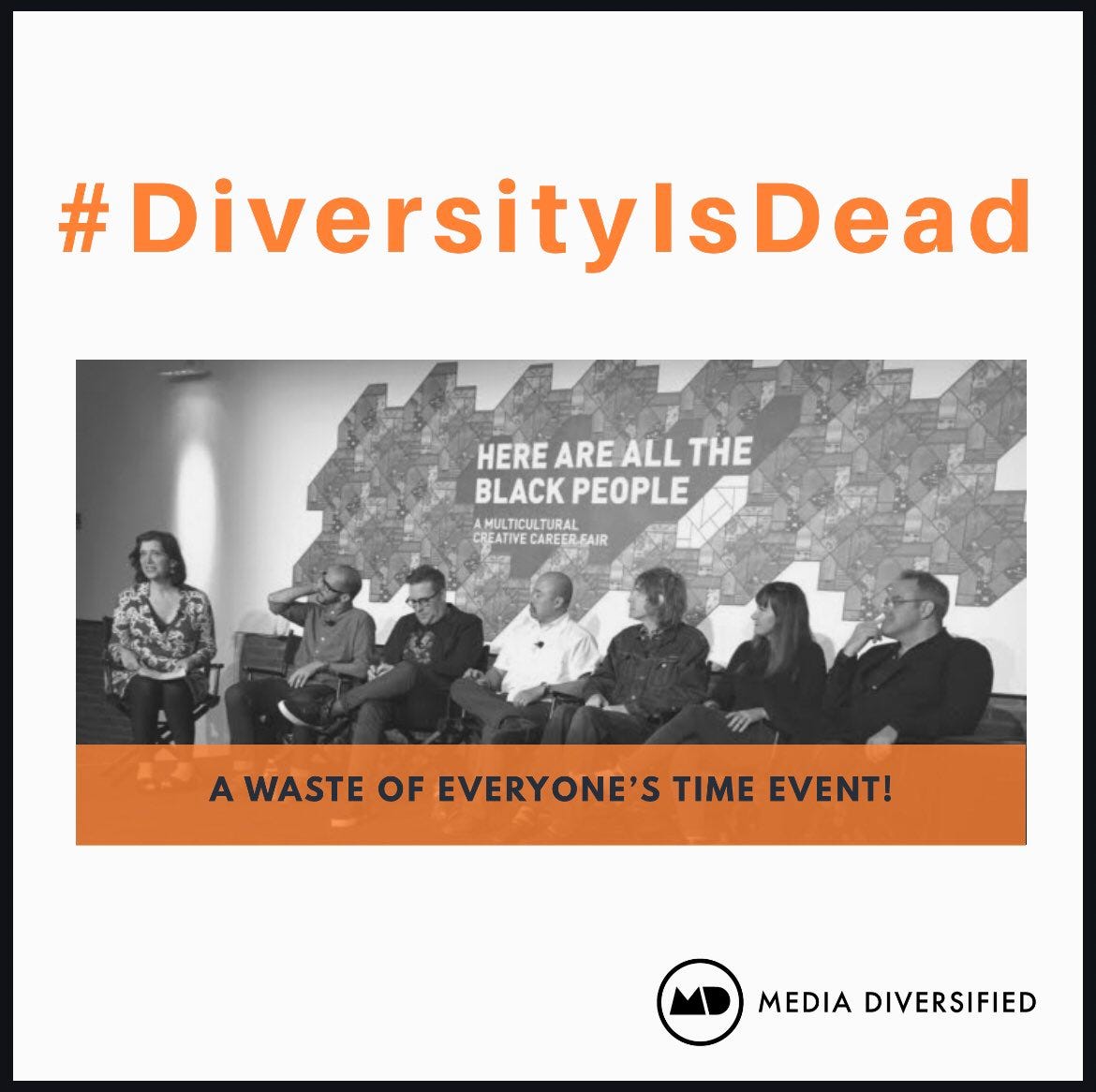
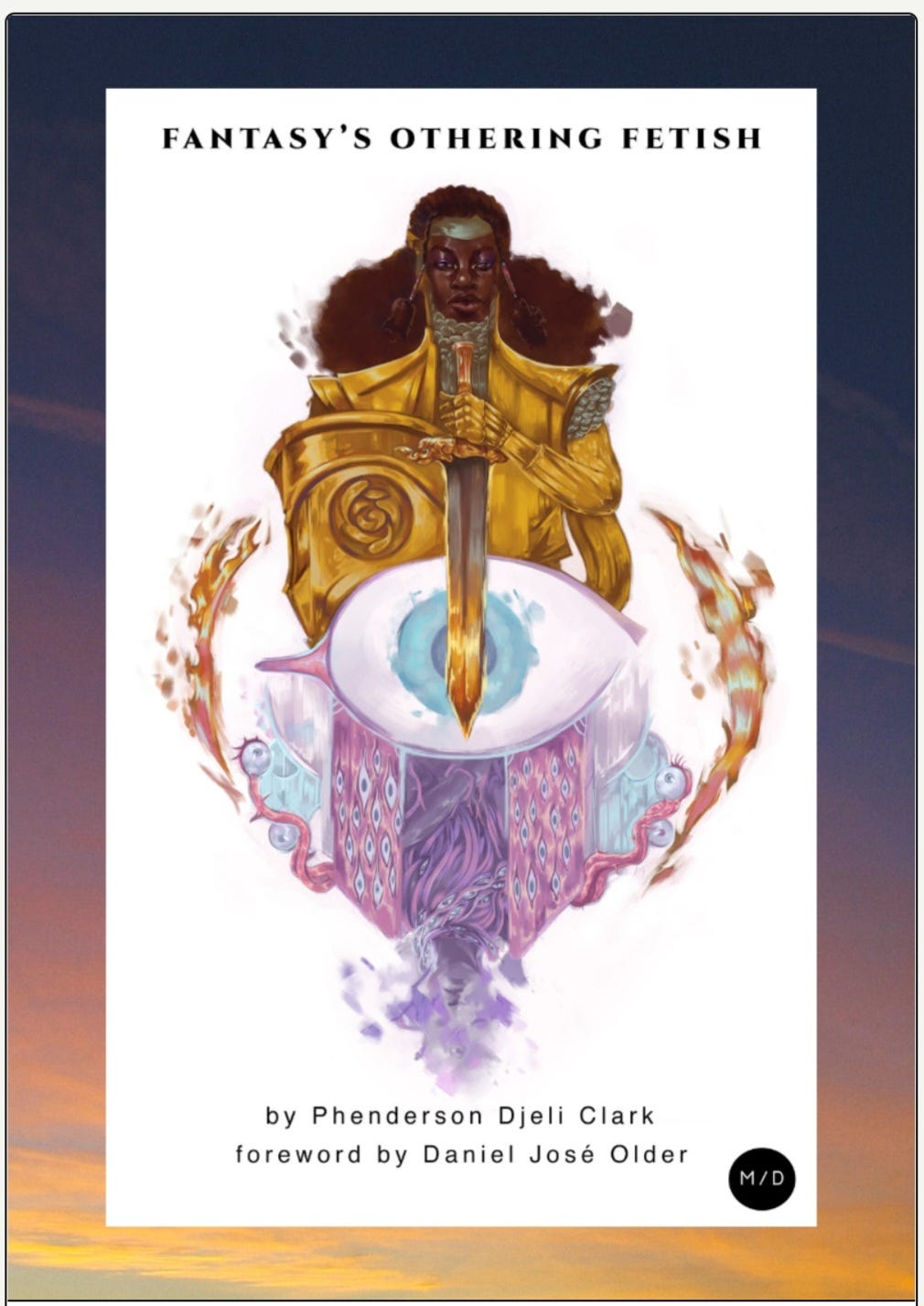
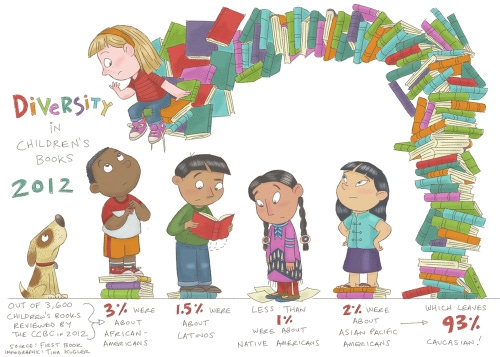
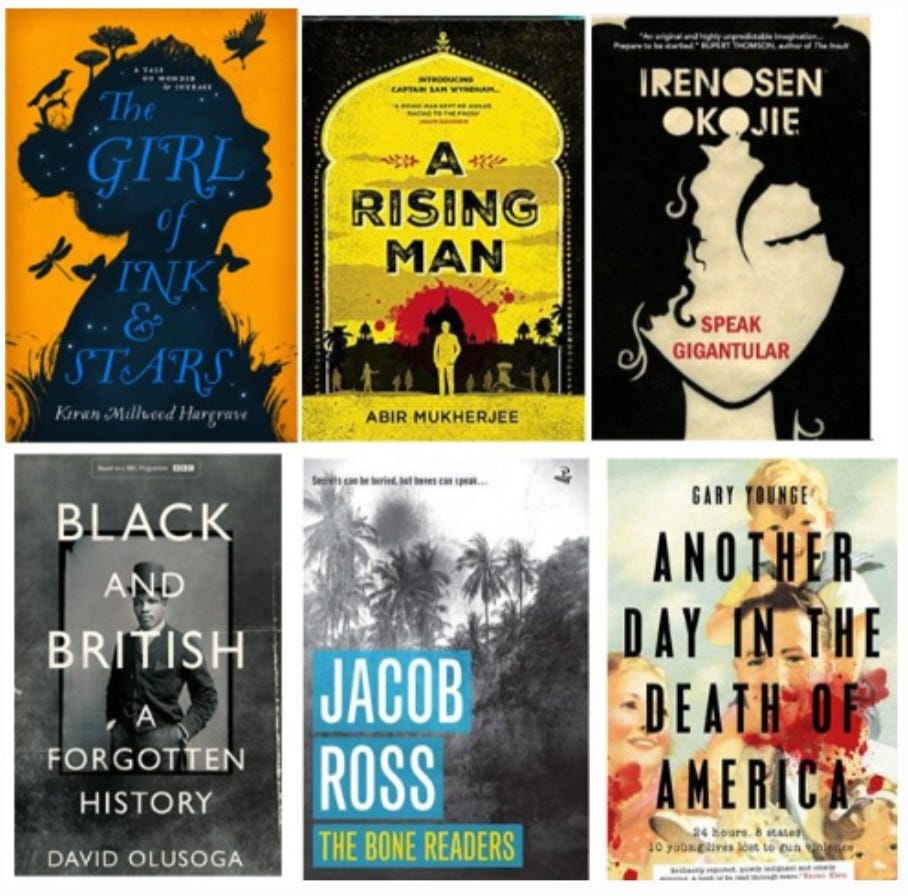
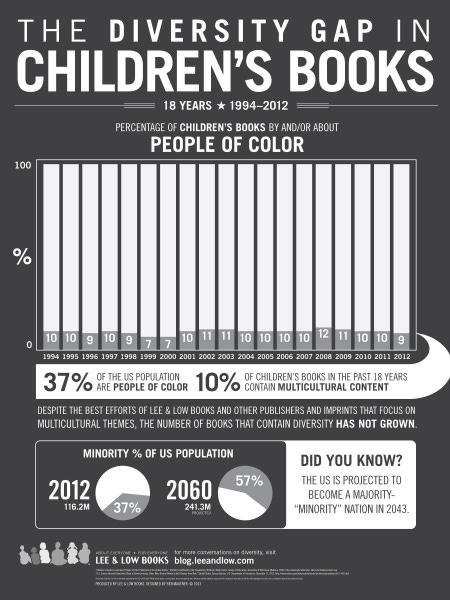
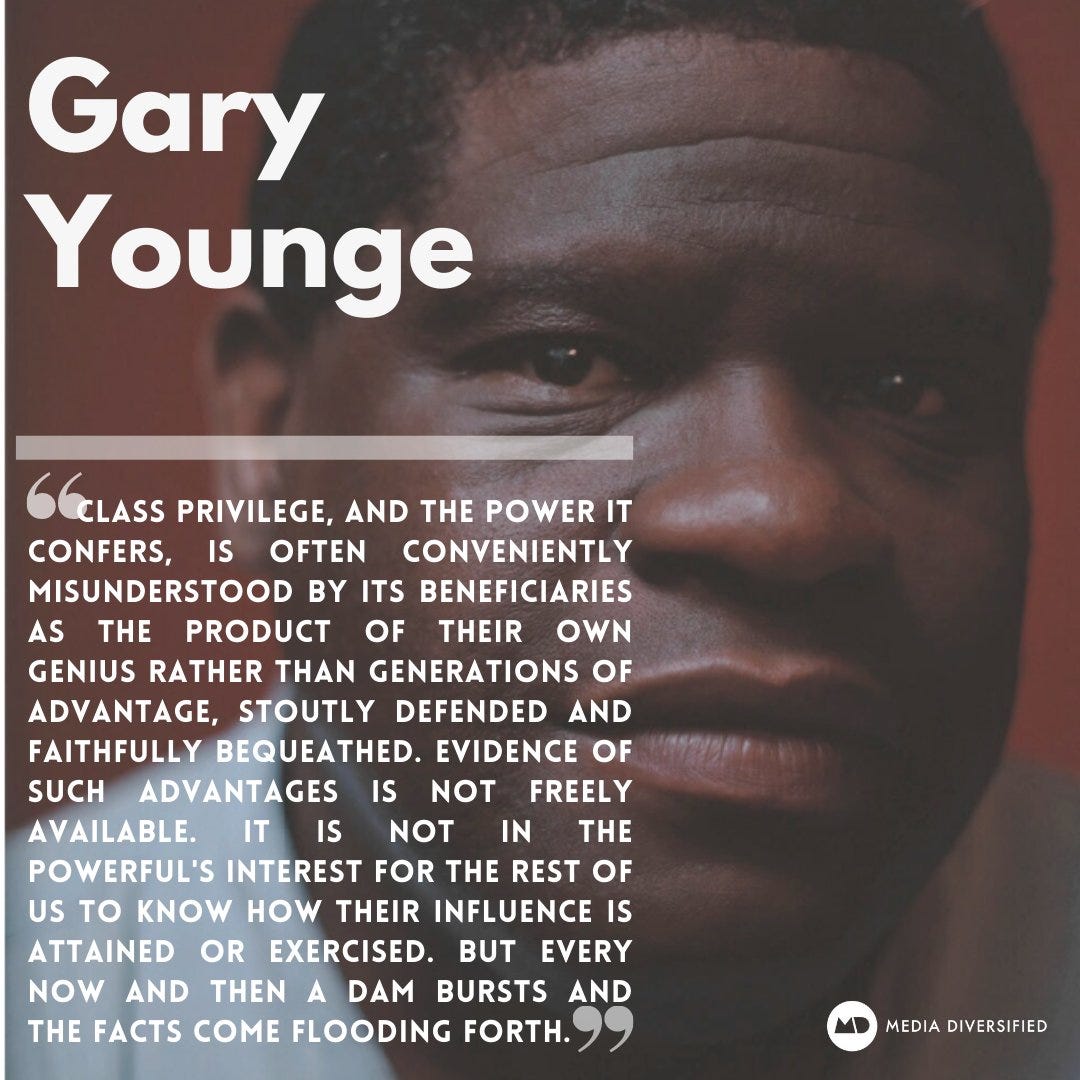








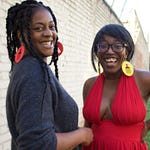
Diversity Is Dead